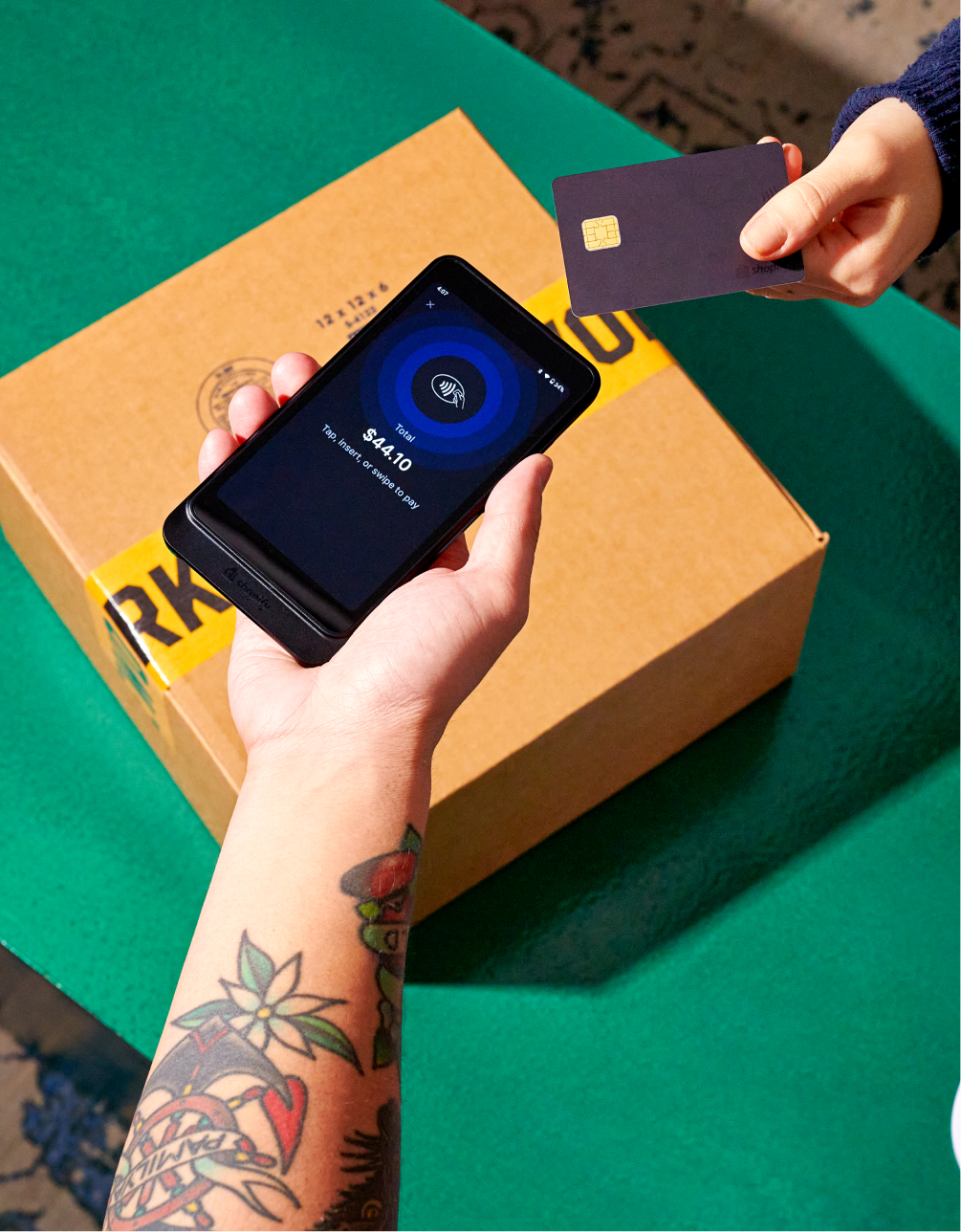Updated with information about UK-EU Brexit trade deal.
As of January 1, 2021, businesses shipping goods from and to the United Kingdom will be subject to new regulations, customs, and duties resulting from Brexit, the UK’s January 31, 2020 departure from the EU. Being prepared now is the only way to avoid stock being blocked at customs, frustrated customers, and potential fines from the UK or EU tax authorities. England, Wales, and Scotland( referred to as Great Britain or“GB”) will be third countries after Brexit. Northern Ireland will have a dual-status post Brexit, i.e. part of UK customs territory but also part of the EU single market for VAT purposes.
How will Brexit affect Shopify merchants?
Brexit will directly impact merchants selling from and to the UK by reinstating a customs border between the EU and the GB and by introducing new VAT rules for goods imported into the UK.
For goods shipped to the UK from outside the UK, the following changes will take place:
- Merchants need to collect VAT on orders shipped to the UK below £135. However, if you’re a merchant using an Online Marketplace(OMP) to supply imported goods with a value below £135 to UK customers, the VAT liability will be shifted to the OMP.
- Merchants need to file for and remit VAT to HM Revenue & Customs(HMRC) every quarter.
Note: Orders above £135 will be subject to duties and import VAT.
For goods shipped from the UK to the EU between January 1, 2021, and June 30, 2021, the following changes will take place:
- Merchants are not required to collect VAT on orders shipped from the UK to the EU, provided that the EU customer will import.
- Buyers are responsible for paying any applicable import VAT and duties on orders shipping from the UK to the EU (see below for details of UK-EU free trade agreement).
- Customs documents are required with all orders being shipped to the EU.
The Trade and Cooperation Agreement (UK-EU trade deal):
- Goods moving between the UK and the EU that meet the rules of origin will be customs duty-free.
- To get preferential customs treatment, merchants need to track and self-certify the rules of origin.
- Customs declarations will remain a new requirement for the movement of all goods between the UK and the EU.
1. Register for VAT in where applicable
- If you ship orders to the UK below£135 or if you supply goods whereby you import these, you will need to register your business for VAT with HM Revenue and Customs (HMRC).
- Review your tax obligations in the EU to determine if you need to set up or maintain VAT registrations in EU countries. One thing to keep in mind is that the intra-EU distance selling rules will not apply to goods shipped from the UK to the EU as of Jan 1st, 2021. An exception to this rule is that intra-EU rules are applicable to Northern Ireland shipments to the EU.
If you are unsure how VAT rules impact your business, you should contact a tax authority in your country of sale or a local tax professional. Depending on your revenue, you may want to consider appointing a representative like a lawyer or an accountant responsible for your tax reporting and payment.
Here are a few service providers that can help you get VAT registered and file your VAT returns.
2. Adjust your tax settings in ShopifyDepending on the countries you are selling to within the EU or the UK, you will have to add the respective VAT registrations within Shopify. Setting up taxes in Shopify would ensure that you charge correct rates whenever you sell to the EU or the UK. Therefore, it is recommended that you review your tax settings and make the necessary changes.
3. Prepare for Brexit customs- Apply for a UK and EU EORI number to clear goods: Regardless of where your business is based if you sell into the UK and/or the EU, you’ll need two Economic Operator Registration and Identification (EORI) numbers: a UK EORI (register for one with HM Revenue and Customs) and an EU EORI. Used on customs declarations, an EORI number uniquely identifies the exporter in customs procedures and documentation.
- Review custom documents for new customer compliance: The customs declarations may need to be modified to include information or data for trade between different countries such as:
- Your EORI number.
- The amount of VAT collected on the shipment.
- Your VAT registration ID.
- Harmonized code, description, country of origin, and the total value of each product included in the shipment.
Shipments between the UK and EU will be subject to customs starting Jan 1, 2021. There are two options available to your business when it comes to dealing with customs fees:
- Delivered at Place (DAP): This indicates that the seller is only responsible for shipping the product, while the customer has to absorb any import costs.
- Delivered Duty Paid (DDP): This indicates the seller is responsible for any import costs. It keeps your customer from paying unexpected fees.
The cost of shipping to and within the UK can vary depending on where you are shipping. If you like, you can create a different shipping rate for each of the following constituent countries within the UK:
- Northern Ireland
- Scotland
- Wales
- England
- British Forces
Edit shipping rates or add/remove each constituent country in your Shipping and delivery settings.
5. Update your shipping policyWhether you choose DDP or DAP, we recommend you update your shipping policy to reflect that your buyers are the importer of record and as such responsible for paying any applicable custom duties and import taxes. If you choose to offer DDP, it’s a good idea to note in your policy that you are collecting and paying customs duties and import taxes on behalf of your buyers.
6. Update your return/refund policyIf you chose to offer DDP, it’s a good idea to clarify whether any collected import taxes and customs duties are refundable. These fees are paid to customs agencies via shipping carriers and while it’s possible to claim a refund, it is not always straightforward.













